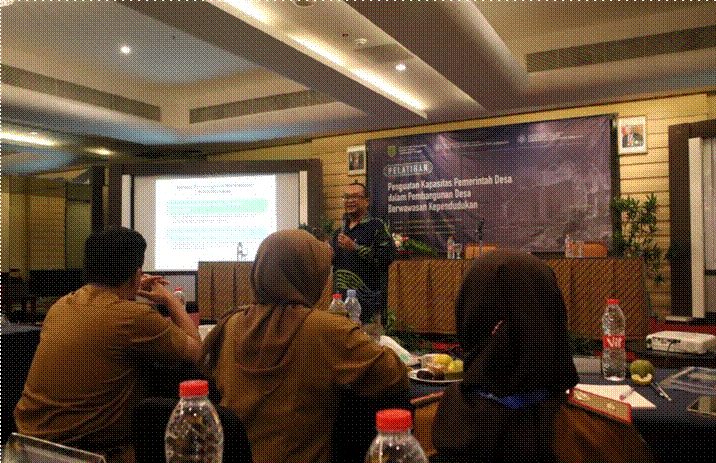
UGM SDG 17 REPORT:
UGM'S INITIATIVES AND PARTNERSHIPS FOR SUSTAINABLE DEVELOPMENT GOALS
Universitas Gadjah Mada (UGM) is deeply committed to promoting the Sustainable Development Goals (SDGs) through various initiatives and partnerships with regional NGOs and government entities. Their efforts encompass participation in health policy networks, collaboration on circular economy regulations, and engagement in national forums aimed at transforming health systems. UGM’s approach includes fostering cross-sectoral dialogues, conducting international research collaborations, and implementing community service programs that involve student volunteering, all aimed at addressing both local and global challenges.
“HEALTH POLICY NETWORKS AND CIRCULAR ECONOMY REGULATIONS”
UGM plays a significant role in health policy networks, particularly through its involvement in the Indonesian Health Policy Network. In this capacity, UGM assists the government in identifying health and welfare challenges and developing appropriate interventions and policies to address these issues. Additionally, UGM collaborates with the World Trade Organization (WTO) and Yale University to create participatory and inclusive circular economy regulations, culminating in a formal agreement. The university’s Center for World Trade Studies and FISIPOL UGM also organized a Policy Forum focused on Sustainable Development, Circular Economy, and Industrial Transformation, highlighting the importance of multi-sectoral approaches and increased research on intangible aspects.
“CROSS-SECTORAL DIALOGUES AND INTERNATIONAL COLLABORATIONS”
To facilitate cross-sectoral dialogues related to the SDGs, UGM organizes various engagement formats, including Focus Group Discussions (FGDs), seminars, and webinars. These events actively involve stakeholders from both governmental and non-governmental sectors to develop collaborative policies. UGM also engages in international research collaborations aimed at gathering and measuring data for the SDGs, addressing local and regional challenges through research activities, discussion forums, and workshops.
“NOTABLE PROJECTS IN MALUKU AND SUMBA”
UGM has undertaken impactful projects in Maluku and Sumba that align with its commitment to the SDGs. In Maluku, UGM’s Community Empowerment Learning Program focuses on culinary tourism development in Ohoi Dian Darat and Ohoi Dian Pulau, supported by various community constituents and NGOs. In Sumba, UGM collaborates with the Indonesia Climate Change Trust Fund (ICCTF) to implement the System of Rice Intensification (SRI) method for rice cultivation, assisting local farmers in adapting to climate change while improving agricultural practices. These projects not only empower local communities but also contribute to sustainable economic development and resilience
UGM’s collaboration with the Province of Southwest Papua in the study of the preparation of the Regional Energy General Plan

Overall Report for SDG 1 to 17
UGM annually reports its achievements in implementing “Tri Dharma” and its contribution to society through Dies Natalis UGM, which is conducted at the end of each year by inviting all academic staff and students as well as the university’s partners. UGM also publishes a Sustainable Development Report annually.
- UGM’s SDGs Report 2023
